What did Emperor Yongzheng do for 12 months? Nearly 300 years old painting reveals shocking truth!
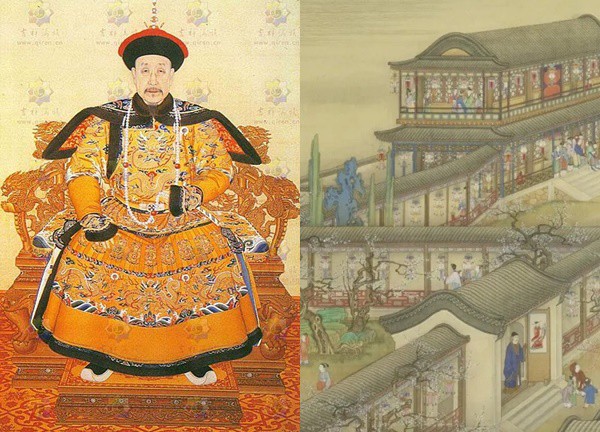
3 | 0 Discuss | Share
The emperor was the most powerful person in ancient times, having in the hands of the whole world. So, birthday parties are also very fussy. However, before the Wei, Jin, Southern and Northern dynasties, people did not celebrate birthdays.
According to the "Book of Missals", in the Zhou Dynasty, in the family "giving birth to offspring, the male placed on the left side of the door, the female on the right side of the door". That is, if a boy is born, a wooden bow will be hung on the left side of the main door, and if a girl is born, a scarf will be hung on the right side of the main door. This is the earliest ritual of the ancients of welcoming a newborn child.
By the time of the Southern and Northern dynasties, there were gradually relevant records of celebrating birthdays. Accordingly, in the Jiangnan area, people form a trend to celebrate birthdays by organizing a big party on that special day, whether their parents are still dead or dead, they will still invite guests, eat happily, without any feelings of sympathy or pity.
According to records, Emperor Liang Yuan, the emperor of the Liang Dynasty of the Southern and Northern Dynasties, on his birthday, fasted, organized Buddhist teachings, propagated the Dharma, and his parents both believed in Buddhism, so he chose this form to celebrate his birth.
In the Sui Dynasty, Emperor Yang Jian ordered that, on his birthday, no killing activities were allowed in the palace, and he himself would fast to repay his parents. A birthday is a day when a mother has to endure a lot of pain to bring a child into the world, so ancient people often called birthdays "mother's day".
Compared to Emperor Taizong of the Tang Dynasty, Xuanzong's birthday was especially monumental. There are many records of Tang Xuanzong's date of birth. King Tang Xuanzong threw a banquet for hundreds of officials on his birthday. Tang Xuanzong also set his birthday as the Qianqing Festival, and the whole country has three days off.
In addition, on the birthday of the Tang Emperor Xuanzong, there were also monarchs and ministers who came to sing. Of course, music, dancing and acrobatics are also essential. Shaanxi History Museum City Hall Treasure - a silver teapot with a horse-shaped stand of the Tang Dynasty dance that recreates the scene celebrating the birthday of the Tang emperor Xuanzong.
History also records that Tang Xuanzong once tamed 400 jumping horses in the palace. When celebrating birthdays, these dancing horses put on beautiful clothes and danced to the rhythm of "pouring wine for birthday". At the climax, the horse jumped on the three-story bed and spun like a fly. At this time, the lead dancer will carry a glass full of wine on the ground to Xuanzong to celebrate his birthday.
The birthdays of the emperors of the Tang and Song dynasties were basically rewarding civil and military officials, holding banquets, inviting hundreds of officials, and eating and drinking. How were the emperors of the Qing dynasty organized?
Accordingly, the Manchu banquet is known as the pinnacle of the Chinese banquet. This is a 3-day banquet, celebrated by King Kangxi on his 66th birthday and also the most famous banquet in Chinese history.
This is considered a culinary treasure of China, a kind of lavish court banquet combining the culinary culture of the Han and Manchus. Manchu Han is both characteristic of imperial food and the essence of local cuisine. In addition, the feast requires the highest standards of etiquette and meticulousness of the dishes.
Meanwhile, the Qianlong Emperor's 60th birthday party was also extremely lavish and magnificent. All foreign officials and envoys were invited to attend. An estimated 6,000 people attended the celebration of the Qianlong emperor's life. Not only are there banquet tables with all kinds of delicious sorghum, dance troupes, throughout the palace are also splendidly decorated by hanging lights, flowers... The ministers presented carefully prepared precious offerings such as calligraphy, paintings, antiques, jewels ... all wanted to win the Qianlong Emperor's favor.
Among the gifts, one was chosen by Qianlong but this gift surprised everyone. The Qianlong Emperor chose a barrel of ginger given by Liu Rong among many valuable offerings. In Chinese, the word "ginger" is homophonous with the word "jiang", the word "living" is close to the sound of the word "son", the word "iron" is close to the sound of the word "body".
Liu Rong said that the fresh ginger arranged in the iron barrel looked like a mountain, implying that Jiangshan Daqing was unitary, and it was a termite in Qianlong's hand. The Qianlong King was extremely happy and pleased to receive a meaningful gift from Liu Rong, although its value was not great.
In short, the Qing emperor's birthday is mainly summarized in eight words: "Great feast, great amnesty." This day is also designated as Longevity Day, which means eternity without borders. On the "Day of Celebration of Life", both domestic and central officials had to bring large offerings to the emperor.
Empress Dowager Tu Hy likes to put chrysanthemum petals into hot pot, do eunuchs and maids enjoy the Emperor's leftovers? 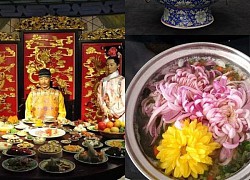 JLO19:48:15 18/11/2023In feudal China, every meal the emperor ate dozens to hundreds of delicious dishes. Many people are curious, can palace maids and eunuchs eat leftover food from the emperor and concubines?
JLO19:48:15 18/11/2023In feudal China, every meal the emperor ate dozens to hundreds of delicious dishes. Many people are curious, can palace maids and eunuchs eat leftover food from the emperor and concubines?

3 | 0 Discuss | Share
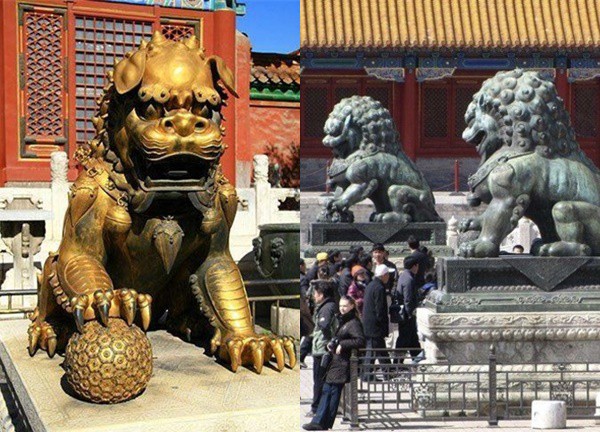
3 | 0 Discuss | Share
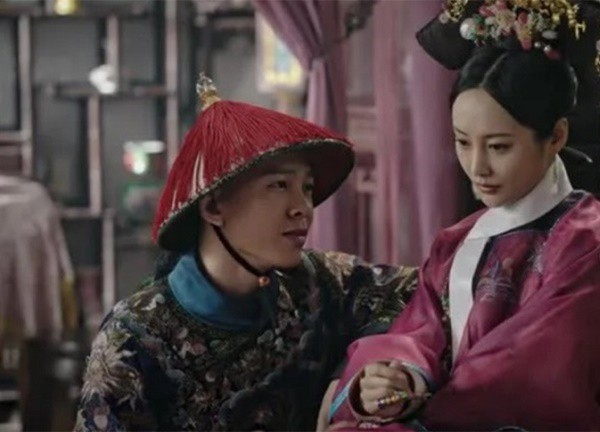
4 | 0 Discuss | Share
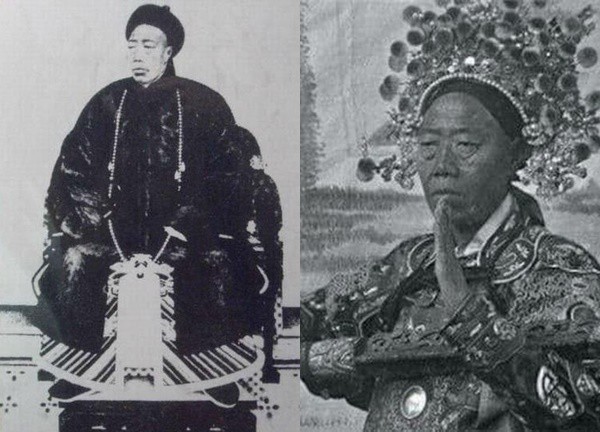
5 | 0 Discuss | Share
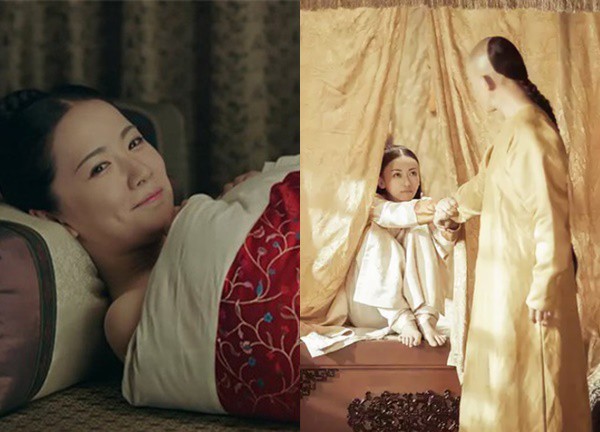
3 | 0 Discuss | Share
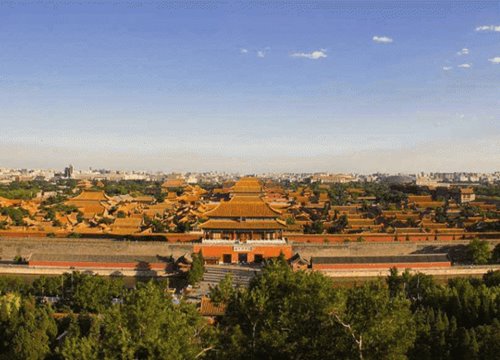
2 | 0 Discuss | Share
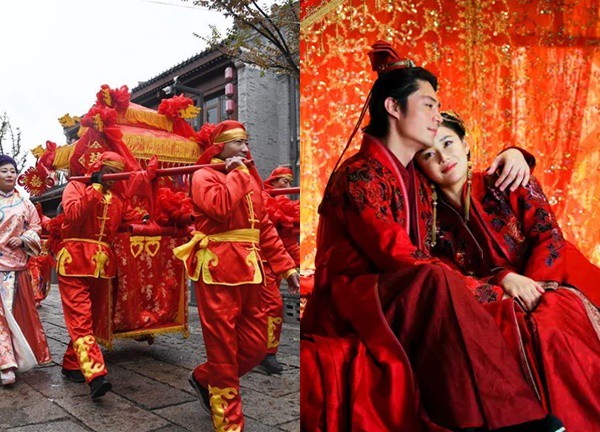
3 | 0 Discuss | Share
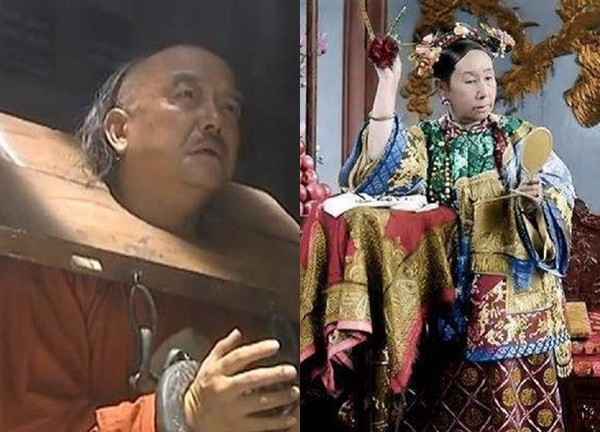
3 | 0 Discuss | Share
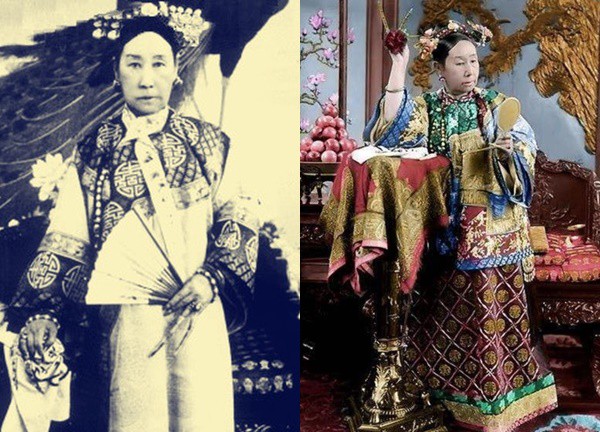
3 | 0 Discuss | Share
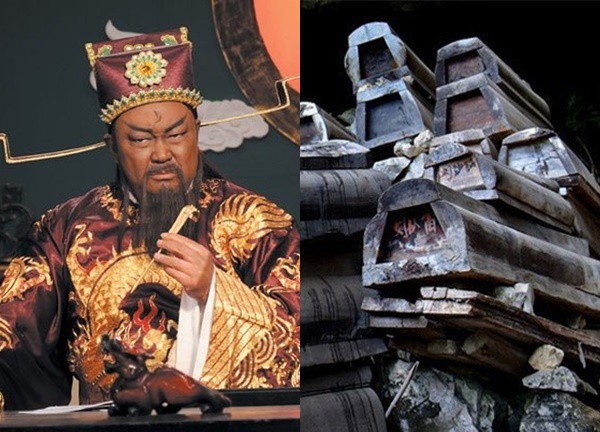
3 | 0 Discuss | Share
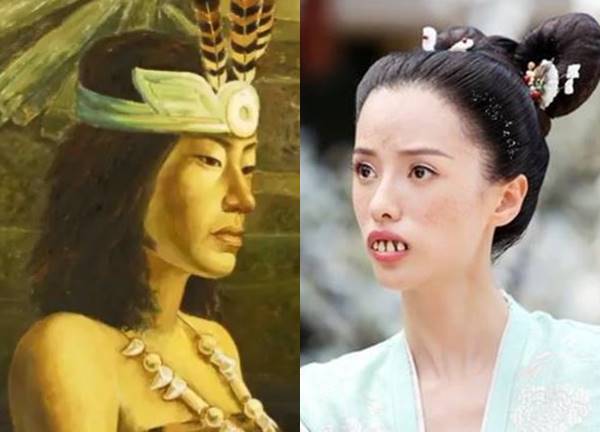
5 | 0 Discuss | Share
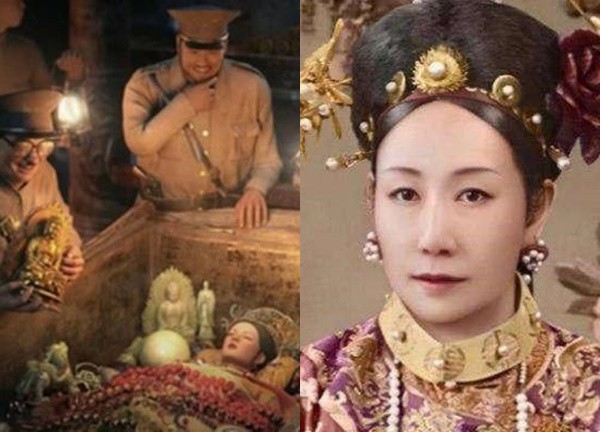
4 | 0 Discuss | Share


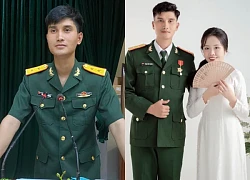
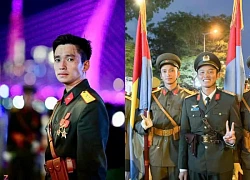


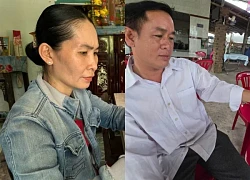


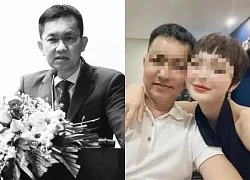
3 | 1 Discuss | Report